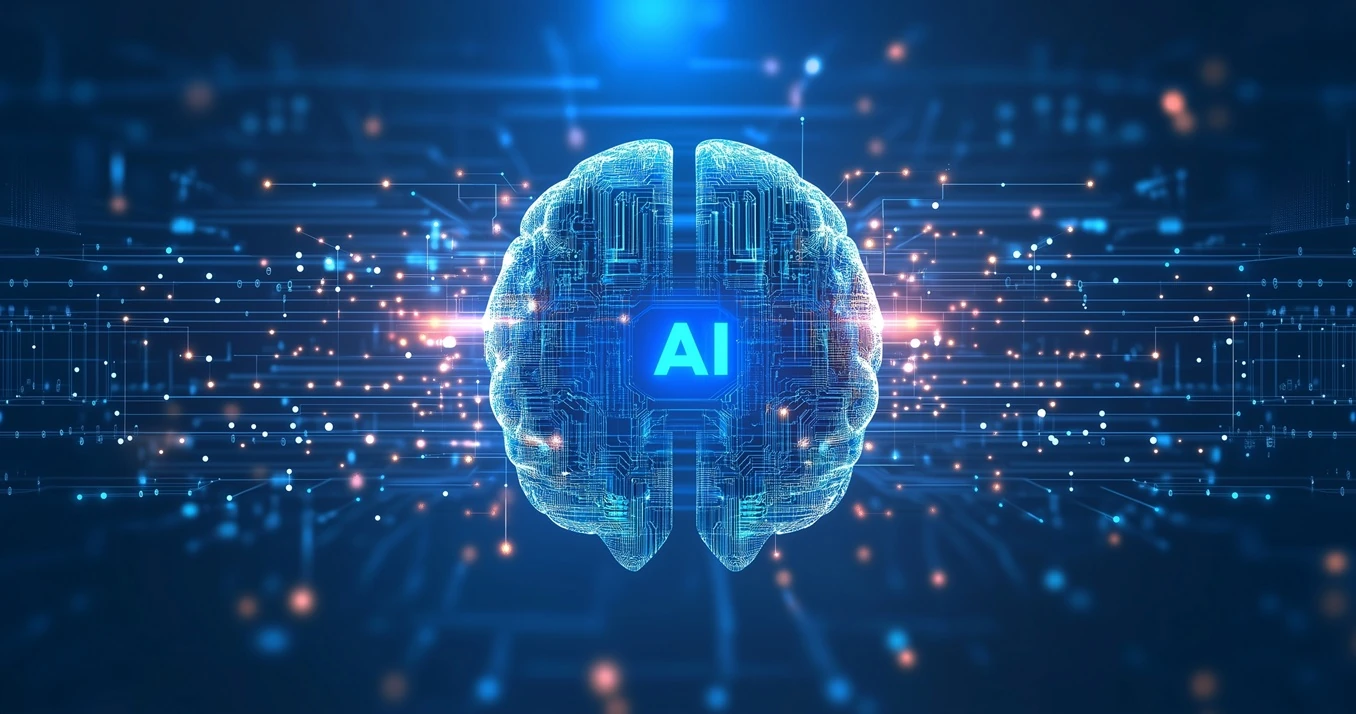How is AI Using Transcription to Improve Interactions with Clinicians and Patients in Australia
In recent years, the integration of artificial intelligence (AI) in healthcare has transformed the way clinicians and patients interact. A significant aspect of this transformation involves transcription services powered by AI. These innovations streamline communication, enhance patient engagement, and protect sensitive information in compliance with Australian privacy and security requirements.

Understanding AI-Powered Transcription in Healthcare
AI-powered transcription involves the conversion of spoken language into written text using advanced algorithms and machine learning techniques. This technology allows for accurate documentation of patient interactions, improving clinical workflows and patient experiences.
The benefits of AI transcription include:
- Enhanced accuracy and efficiency
- Real-time documentation, minimizing administrative burdens
- Improved access to patient data for better decision-making
Enhancing Clinician-Patient Interactions
Effective communication between clinicians and patients is crucial for good healthcare outcomes. AI-powered transcription helps facilitate these interactions by:
1. Documenting Conversations: AI transcribes consultations, ensuring that crucial information is captured without clinicians needing to take extensive notes.
2. Improving Follow-ups: Transcription enables better tracking of patient histories and concerns, allowing for more personalised care and follow-up interactions.
3. Facilitating Understanding: Patients often forget medical jargon. AI transcription can provide accessible language notes for patients to review after their appointments. AI transcription tools can be programmed to translate medical jargon into layman’s terms, ensuring that patients can comprehend their diagnosis, treatment plans, and follow-up instructions without confusion.

Privacy and Security Concerns in Australia
While the benefits of AI transcription are substantial, they also raise concerns regarding privacy and data security. In Australia, healthcare providers must comply with stringent regulations, such as the Australian Privacy Principles (APPs) and the Health Records Act. These laws dictate how personal information should be collected, used, and stored.
Clinicians can take the following steps to ensure compliance with data sovereignty laws:
- Use Local Servers: Ensure transcription services store data on Australian servers to comply with local data sovereignty laws.
- Implement Strong Encryption: Data should be encrypted both in transit and at rest to protect sensitive patient information.
- Regularly Assess Vendor Compliance: Before engaging with transcription service providers, assess their adherence to Australian privacy regulations and standards.
- Educate Staff on Privacy Policies: Continuous training on privacy and security protocols for all staff members is vital.

The Future of AI Transcription in Australian Healthcare
With ongoing advancements in AI and machine learning, the future of transcription in healthcare looks promising. The potential for improved patient communication, streamlined workflows, and enhanced data security measures makes AI transcription an invaluable tool.
Statistics suggest that up to 90% of healthcare providers are investing in AI technologies, including transcription, to improve patient interactions and operational efficiency. As AI transcription becomes more sophisticated, it is crucial for healthcare providers to remain vigilant about privacy and security.
Conclusion
AI transcription is revolutionising the way clinicians and patients communicate in Australia. By improving interactions, facilitating engagement, and ensuring compliance with privacy laws, this technology plays a pivotal role in modern healthcare. Clinicians must remain informed about data sovereignty laws and prioritise the protection of patient information.
Engage with us or your healthcare provider to discover how AI transcription can improve your healthcare experience today!



